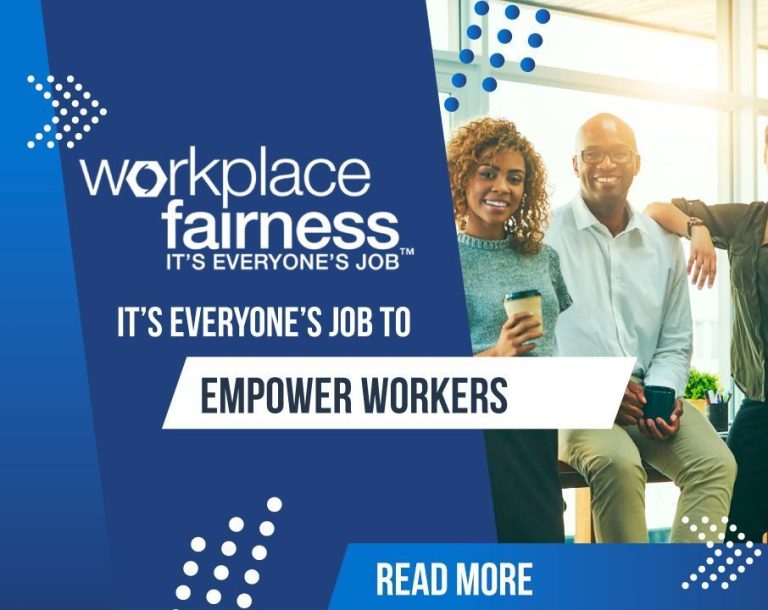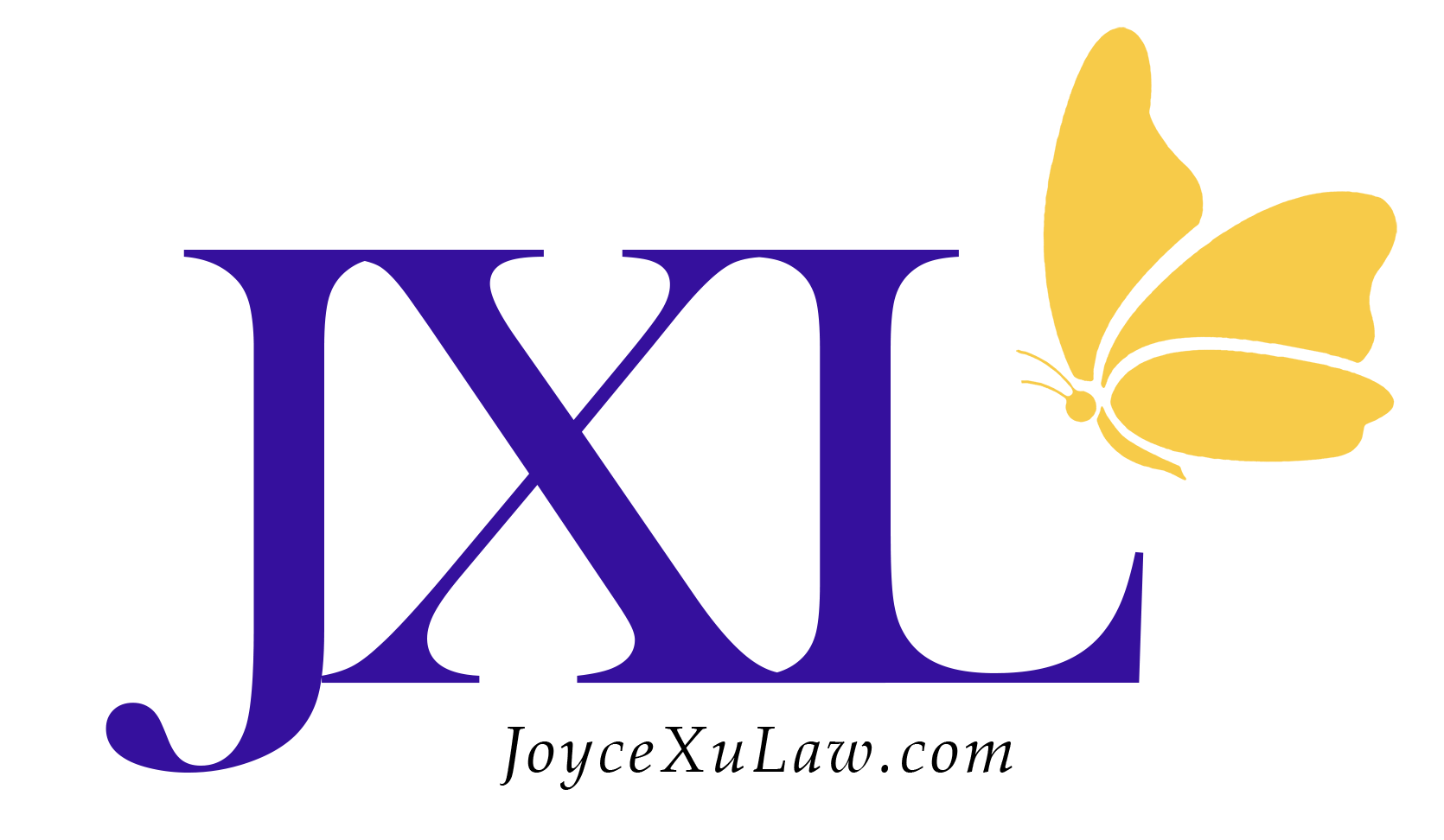Workplace violence is a growing concern across industries, with incidents ranging from verbal threats and harassment to physical assaults. In response, lawmakers at both federal and state levels have implemented regulations to help protect workers and create safer work environments. Understanding the legal framework around workplace violence prevention—and what compliance looks like—is essential for both employers and employees. What Is Workplace Violence? The Occupational Safety and Health Administration (OSHA) defines workplace violence as “any act or threat of physical violence, harassment, intimidation, or other threatening disruptive behavior that occurs at the work site.” It can affect workers, clients, customers, and visitors, and may occur inside or outside the workplace. Key Federal Legal Frameworks OSHA’s General Duty ClauseWhile there’s no specific federal law solely dedicated to workplace violence prevention, OSHA’s General Duty Clause requires employers to provide a workplace free from recognized hazards that are likely to cause death or serious physical harm. This includes known risks of workplace violence. Title VII of the Civil Rights ActHarassment and threats based on race, gender, religion, or other protected characteristics may also constitute illegal workplace violence under anti-discrimination laws. Americans with Disabilities Act (ADA)Employers must handle violent behavior related to mental health issues carefully, ensuring that they do not discriminate while also maintaining a safe workplace. State Laws and Requirements Several states have taken more specific steps: California passed SB 553, effective July 1, 2024, requiring nearly all employers to implement written Workplace Violence Prevention Plans, maintain a violent incident log, and provide annual training to employees. New York, Oregon, and Washington also require certain employers (especially in healthcare or public-facing roles) to implement violence prevention programs. Illinois and Minnesota mandate workplace violence prevention plans in health care and social service settings. Because laws vary widely by state, employers and employees must stay updated on applicable regulations where they operate and work. What Employers Should Do to Stay Compliant Conduct Risk Assessments: Evaluate the specific risks in your workplace, considering factors like layout, client interactions, hours of operation, and previous incidents. Implement a Written Prevention Program: This may be required under certain state laws. It should include reporting procedures, emergency response protocols, and disciplinary policies. Train Employees: Educate staff on recognizing warning signs, de-escalation techniques, and how to report threats or incidents confidentially. Keep Incident Logs and Conduct Investigations: Document every reported event and take corrective action where needed. In some jurisdictions, this is legally required. Create a Culture of Safety: Encourage open communication, support employees who raise concerns, and provide access to employee assistance programs (EAPs) or mental health resources. What Employees Should Know Know Your Rights: You have the right to a safe workplace. If you feel threatened or unsafe, you can report it to your employer or to OSHA. Report Incidents Promptly: Whether it’s verbal abuse or physical aggression, early reporting helps prevent escalation. Participate in Training: Engage with violence prevention programs offered by your employer—they’re not just for compliance, but for your own safety and awareness. Support a Respectful Work Culture: Treat colleagues, customers, and supervisors with respect, and intervene or report when you observe inappropriate behavior. Final Thoughts Workplace violence prevention is a shared responsibility. While employers carry the legal obligation to assess and mitigate risks, employees play a vital role in fostering a respectful and vigilant work environment. By staying informed about the laws and best practices, both parties can help reduce risks and ensure safer, more productive workplaces. Note: This blog is for general informational purposes and does not constitute legal advice. Employers should consult legal counsel to ensure compliance with applicable federal and state laws. Related posts: Note to Employers: Stressed Employees Cost You Money Wal-Mart’s Rob Walton Wins JWJ’s Scrooge of the Year Trump hails ‘manufacturing miracle’ as factories bleed jobs










